The Future of FP&A: How AI is Revolutionizing Financial Planning and Analysis
)
Financial Planning and Analysis (FP&A) is a crucial function in any organization, responsible for ensuring that the company's financial performance is optimized and aligned with its strategic goals. With the advent of Artificial Intelligence (AI) and Machine Learning (ML), the future of FP&A is being transformed in exciting new ways. In this article, we'll explore how AI is revolutionizing FP&A and what the future holds for this critical function.
AI in FP&A: An Overview
AI is rapidly transforming the world of finance, and FP&A is no exception. AI algorithms can be used to automate routine tasks, such as data entry and analysis. AI can also be used to generate insights and predictions based on large datasets, allowing companies to make informed decisions based on data-driven analysis.
One of the primary ways that AI is being used in FP&A is through the development of predictive models. These models use historical data and other inputs to generate forecasts and predictions about future financial performance. By analyzing patterns and trends in the data, AI algorithms can identify potential risks and opportunities, allowing companies to make proactive decisions to mitigate risks and capitalize on opportunities.
Another area where AI is being used in FP&A is in the analysis of financial data. AI algorithms can be trained to identify patterns and anomalies in financial data, allowing companies to quickly identify issues and take corrective action. For example, AI can be used to detect fraudulent transactions or to identify areas where costs are higher than expected.
The Future of FP&A with AI
The integration of AI into FP&A is still in its early stages, but the potential benefits are significant. Here are two key areas where AI is likely to have a major impact on the future of FP&A:
1.Improved Forecasting and PlanningOne of the primary benefits of AI in FP&A is the ability to generate more accurate forecasts and predictions about future financial performance. AI algorithms can analyze large datasets and identify patterns and trends that might be missed by human analysts. This can lead to more accurate forecasts and better-informed decisions about resource allocation, investment strategies, and other key areas.
AI can also help FP&A professionals to quickly identify and respond to changes in the business environment. For example, if a company's sales performance starts to decline, AI algorithms can quickly analyze the data and identify potential causes, such as changes in consumer behavior or increased competition. This can help companies to quickly adjust their strategies and mitigate the impact of external factors.
2.Increased Efficiency and Automation
Another major benefit of AI in FP&A is the ability to automate routine tasks and processes. This can free up FP&A professionals to focus on higher-level strategic thinking and analysis. For example, AI algorithms can be used to automate data entry and analysis, reducing the time and effort required to generate reports and analyze financial data.
AI can also be used to streamline workflows and improve collaboration between different departments within an organization. By automating routine tasks and processes, AI can help to reduce errors and improve the accuracy of financial data. This can help to increase efficiency and reduce the time and effort required to generate reports and analyze financial data.
ConclusionThe integration of AI into FP&A is transforming the way that companies approach financial planning and analysis. By leveraging AI algorithms, companies can generate more accurate forecasts and predictions about future financial performance, while also automating routine tasks and processes. This can help to improve efficiency, reduce errors, and free up FP&A professionals to focus on higher-level strategic thinking.
As AI continues to evolve and improve, we can expect to see even more significant changes in the way that FP&A is conducted. Companies that are able to effectively integrate AI into their FP&A processes will be well-positioned for the future.
If you are looking for current challenges and solutions related to FP&A independently of AI, consider the Camelot presentation “Make your business planning intuitive, fast and reliable” at Big Data & AI World Frankfurt. Here are some points which will be covered:
- Main challenges in today’s FP&A
- Benefits of tool-based planning
- Key indicators for automating FP&A without using AI
By transforming your FP&A process, your company can make data-driven decisions more effectively and prioritize high-level strategic goals with greater focus.
Camelot ITLab supports organizations at every stage of adopting AI in FP&A, from basic planning workshops to migration of existing and implementation of new planning applications.

 Cloud Expo Europe
Cloud Expo Europe
.png)
)
)
)
)
)
)
)
)
.png/fit-in/500x9999/filters:no_upscale())
)
)
)
)
)
)
)
)
)
)
)
)
)
)
)
)
)
)
)
)
)
)
)
)
)
)
)

